Write Us
We are just a call away
[ LET’S TALK AI ]
X
Discover AI-
Powered Solutions
Get ready to explore cutting-edge AI technologies that can transform your workflow!

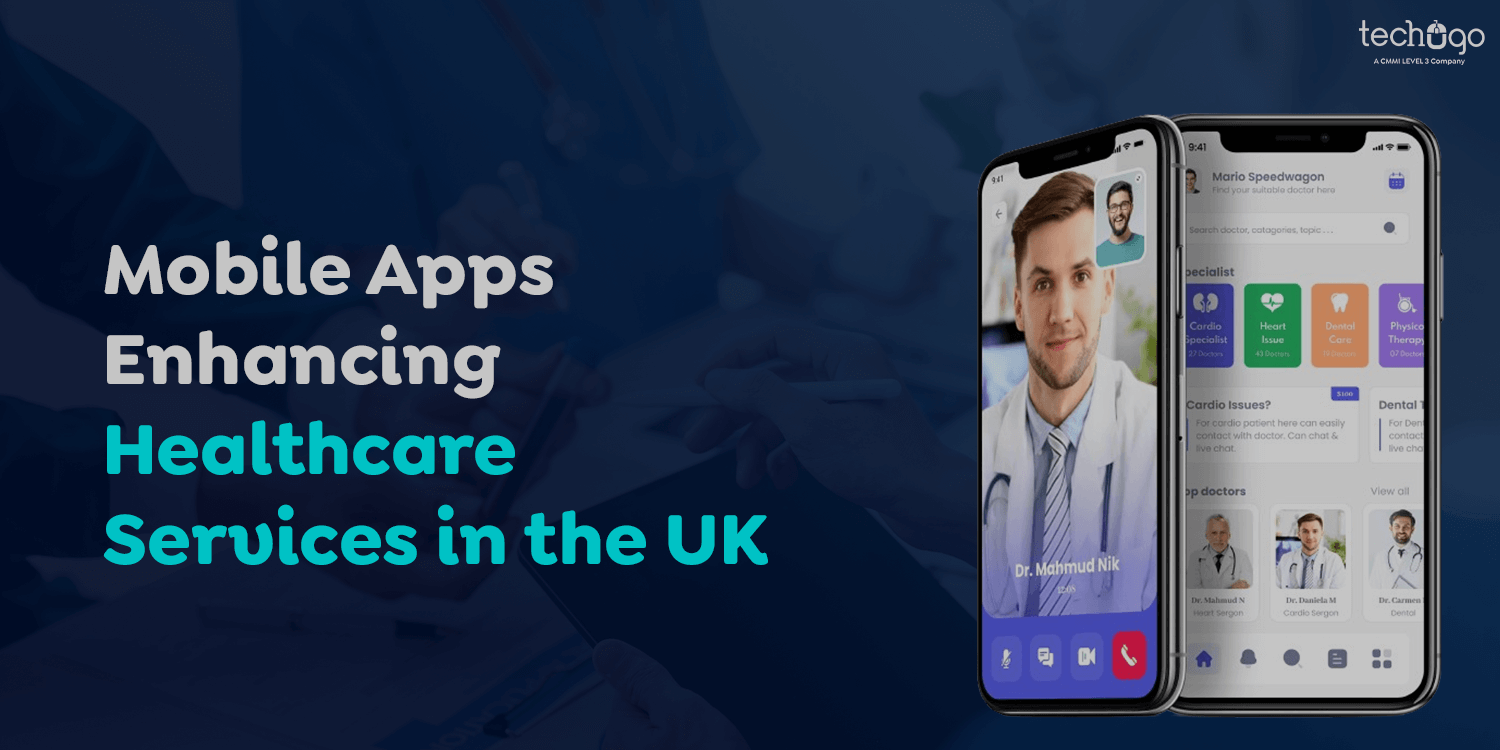
The NHS is an integral part of British society that does not provide care based on financial means but on needs. New technologies offer solutions to meet the relevant challenges of this complex institution that includes an ageing population and budgetary pressures. In regard to this, mobile health (mHealth) app development seems to have a huge potential to keep things in control. mHealth apps not only provide convenience but patient empowerment in an active role toward self-management in health. These involve medication reminders, monitoring of symptoms, and consulting healthcare providers. Another feature of healthcare apps can be assisting healthcare professionals to enhance their efficiency in delivering quality care to patients. Ultimately, these apps facilitate preventive care and early intervention, reducing eventually the burden of chronic diseases on the healthcare system.
Now, let us delve into how mobile apps are revolutionising the UK healthcare environment. Also, how can collaboration with a mobile app development company in UK let you be a part of this revolution? Specifically, we shall approach how these apps are innovating the empowerment of patients, enhancing effective communication between them and health providers and changing the NHS into a more effective and sustainable venture.
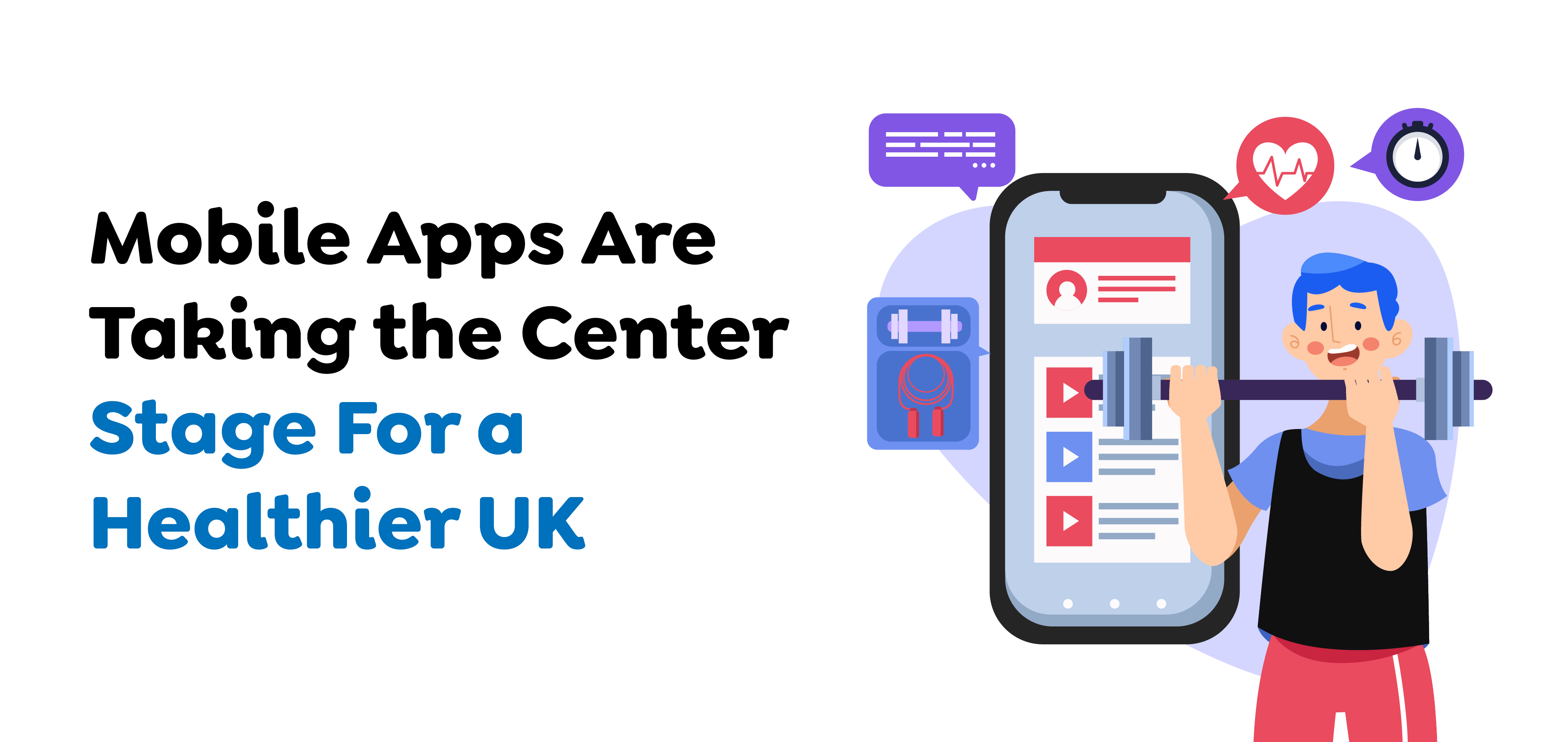
The National Health Service is a vital institution. A rising proportion of the population is over 65 years of age with chronic diseases. But thanks to trending technology that has resulted in a dramatic rise in the usage of mHealth apps. ORCHA research shows that one in three 18 to 24 year-olds (33.8%) has had a health app recommended to them by a healthcare professional, underlining the growth of mHealth app development into the healthcare model.
Also Read : The Rise of mHealth Apps; Bringing Value To Patients And Doctors
Medication and symptom tracking are tailored to the user, through apps like MyTherapy (NHS approved). This can significantly empower patients, especially those with chronic diseases for better control of health conditions and prevent associated complications. Imagine discreet medication reminder apps for refills or blood glucose checks for a patient with diabetes or a patient with asthma monitoring his symptoms and peak flow readings. All these can greatly help in improving the health outcomes of patients suffering from such diseases.
Apps, including the NHS App, provide safe, simple, and secure access to medical records, test results, and upcoming appointments. This has created transparency, engendering a sense of control. Picture a patient prepped for a consultation and armed with the latest test results and medication list at his or her fingertips. This empowers more productive communication with their doctor.
Streamlined communication is yet another vital benefit. Apps such as Patient Access provide secure messaging with doctors, appointment booking, repeat prescription requests, and save much valuable time either way. You can say, the days of endless phone calls as patients can efficiently manage their appointment planning have gone! Also, they can contact their doctors on specific queries to be discussed, making the consultation developed and efficient, with better patient satisfaction.
Also Read : How Does Prescription Discount App Shape the Healthcare Landscape?
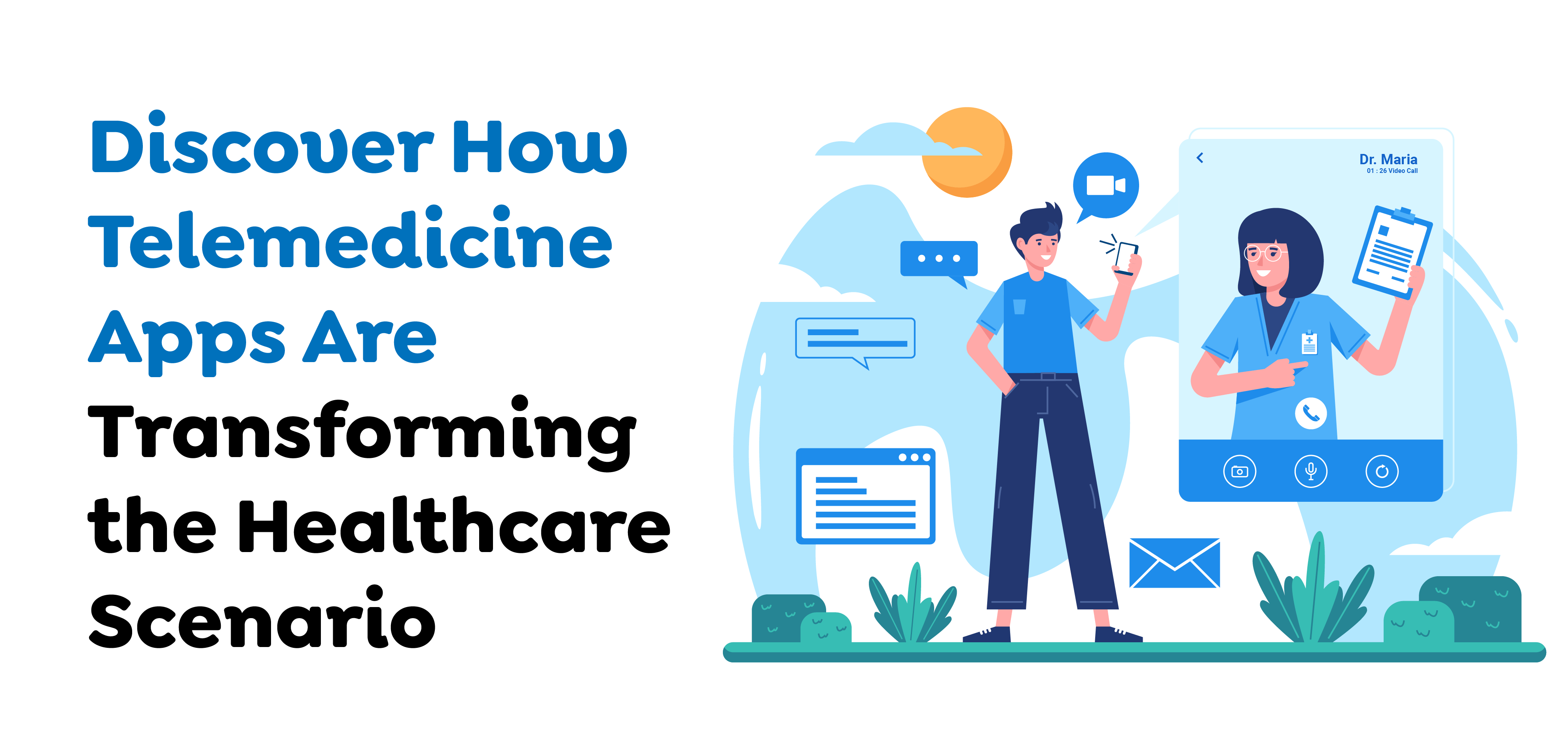
Beyond empowering patients, mobile app development is transforming healthcare delivery for professionals. These digital tools streamline workflows, improve communication, and allow for more effective patient care.
Imagine a patient in a rural area avoiding a lengthy trip to the city for a minor follow-up. Telemedicine apps, facilitated by secure video chat functions within healthcare provider apps, make this a reality. This improves access to care for geographically distant patients and frees up doctors’ time for more complex cases. Telemedicine consultations can reduce outpatient appointments by up to 17%, a significant benefit for a strained healthcare system.
Secure apps facilitate the seamless data-sharing process between different health providers attending to a patient. This kind of real-time information exchange reduces delays, minimises errors, and makes the whole approach toward holistic treatment planning. For example, a cardiologist may view the latest blood test results shared by his patient’s GP in real-time to make a better diagnosis and chart treatment accordingly in the consulting room.
In chronic conditions, continuous monitoring of the patients before discharge may become necessary. The mobile app, integrated with wearable technology, can acquire real-time data about vitals, blood sugar levels, or any such metrics. Thereby, it empowers healthcare practitioners to track a patient’s condition remotely and intervene in time, averting many unnecessary admissions to the hospital. Picturise a healthcare team that is triggered by an instant alert from a wearable device on a diabetic patient when his blood sugar spike touches the concerning level. Hence, allowing its early intervention and probable prevention of major health crises.
Also Read : Mobile App Development Companies Are Integrating Wearable & AppWearable Devices
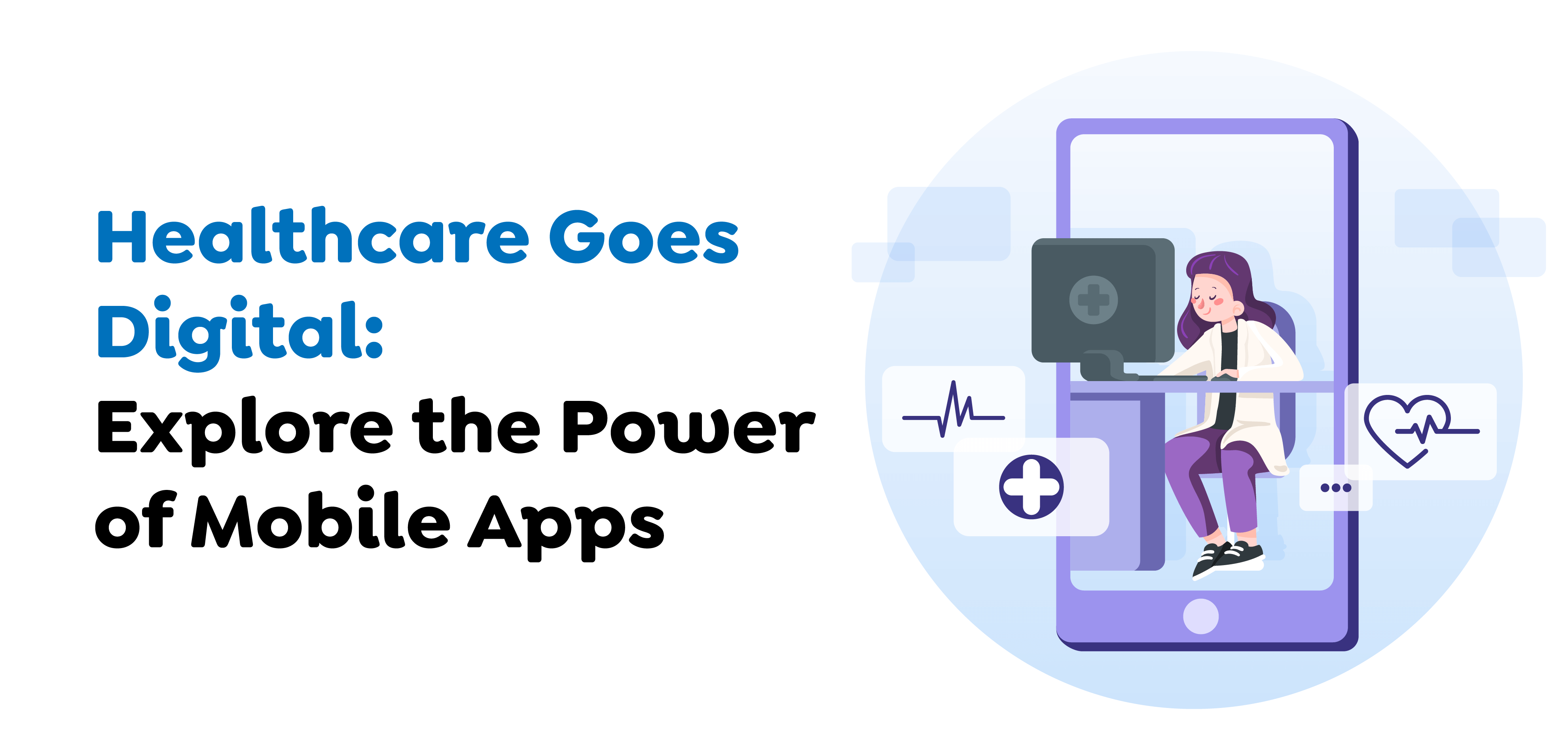
The efficiency of a healthcare app will lie in its way of connecting patients to medical services, especially when there are geographical or logistical challenges.
People encounter a significant challenge travelling to health facilities, especially in reaching far-flung areas. Telemedicine consultations, in this regard, help through the apps developed by health providers. Patients can see doctors through an app and skip long journeys. Not only does this allow people who are geographically far from the facility to get better access to healthcare, but it also ensures timely medical attention in cases where time is of the essence.
The UK’s diverse population necessitates inclusive healthcare solutions. Mobile apps can bridge the language gap by offering built-in translation features. For instance, a patient with limited English proficiency could navigate a healthcare app with real-time translation support. This empowers them to understand medical information, participate actively in consultations, and receive proper care.
Besides being multilingual, mobile apps can be made with easily navigated interfaces, catering for people with special needs. Features such as text-to-speech conversion, voice commands, compatibility with screen readers, etc, ensure that everyone indeed has access to healthcare resources, regardless of physical challenges.
Apps can connect patients with healthcare professionals for on-demand needs especially when a situation is not an emergency. For instance, if someone feels a little under the weather or needs a refill of their prescription they can do that on their own. Bypassing the practice appointment system through an app allows faster access to basic medical advice and puts minor stress on urgent care services.
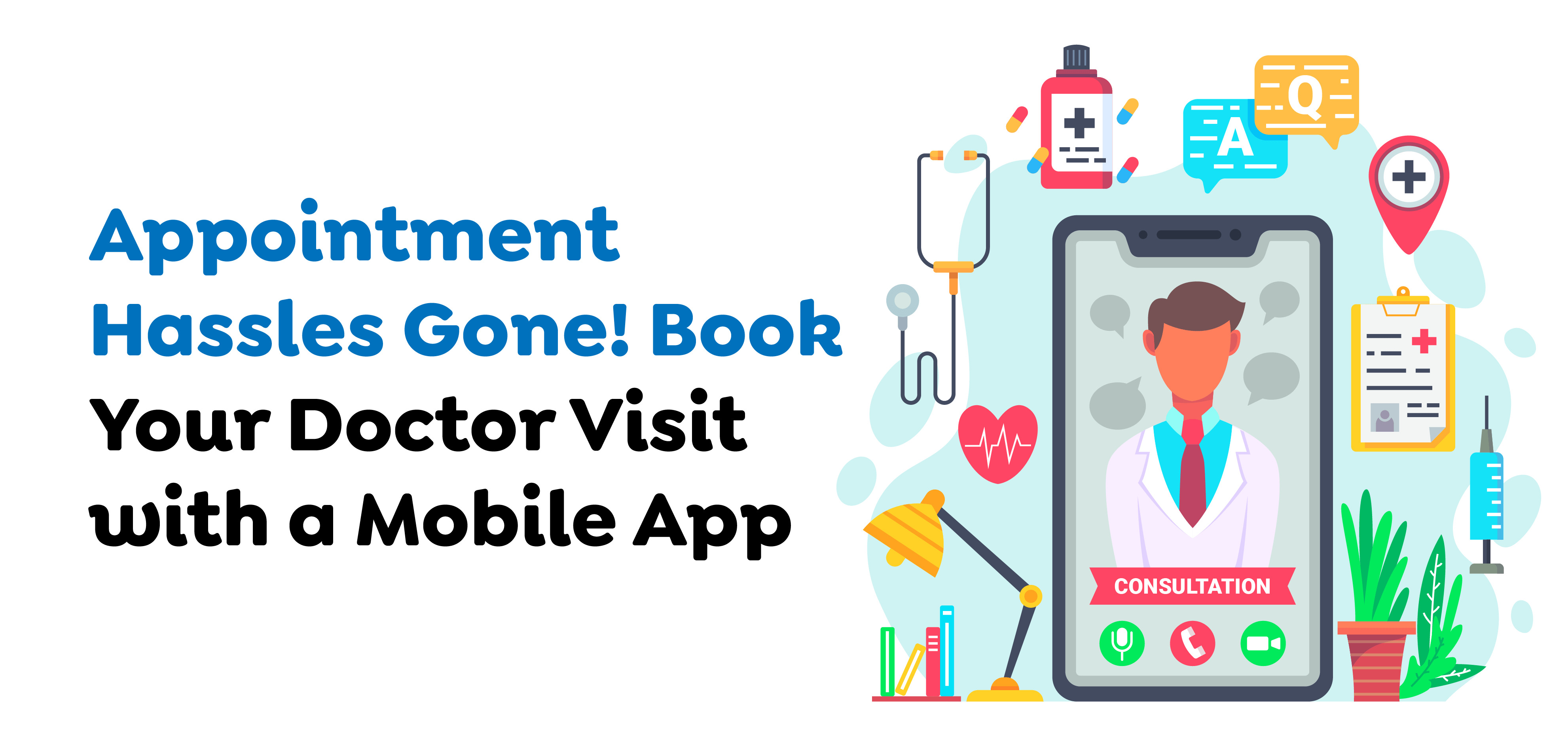
Mobile apps wouldn’t be the fits-for-all solution. But, they can serve many healthcare needs. From appointment scheduling apps to medicine delivery apps, the possibilities are pretty wide. Mentioned below are some significant aspects wherein app development is changing the healthcare experience:
A high-tech doctor appointment app development company can ease the hassles involved in scheduling for both patients and healthcare providers.
Also Read : The Ultimate Guide to Hospital Inventory Management Software Development
Mental health is an area of prime concern to human well-being but is often overlooked. It is within this gap that mobile apps are developing as powerful tools.
Metal health apps may act as a secure channel for understanding mental health conditions, stress and anxiety management, and monitoring moods and symptoms. Some apps could also offer access to cognitive behavioural therapy (CBT) exercises and guided meditations.
Licensed therapists for online consultations or chat-based therapy sessions through mental health apps to connect patients. Thus, taking out the stigma. At the same time, flexibility for those who are very busy or otherwise restricted from going to in-person therapy.
Apps can help bridge the gap between mental health needs and available resources. Users can find any specific area specialisation therapists, schedule appointments, and even get insurance billing support directly from the apps.
Good health is an essential commodity, and preventive care is needed to enjoy good health. People use fitness and wellness apps as helpful utilities in the process of managing their own well-being. Lifestyle apps also help in practising a healthy and proactive way of living.
Fitness and wellness apps can personalise workout plans, track fitness goals in steps, and even calorie intake. Plus, fitness apps can host healthy recipe suggestions. It enables people to make conscious decisions to pursue a healthy lifestyle.
Such integrations with mobile apps can bring in real-time improvement. Be it the daily step count, the distance run, or the quality of sleep, the apps give valuable insights into the user’s vital health metrics to adjust their goals and exercise routines enhancing user experience.
Most of these apps use artificial intelligence (AI) and machine learning (ML) to analyse the user’s data and give personalised diet, exercise, and lifestyle change recommendations. This will hence have an effective influence on motivating people and establishing long-lasting behavioural change.
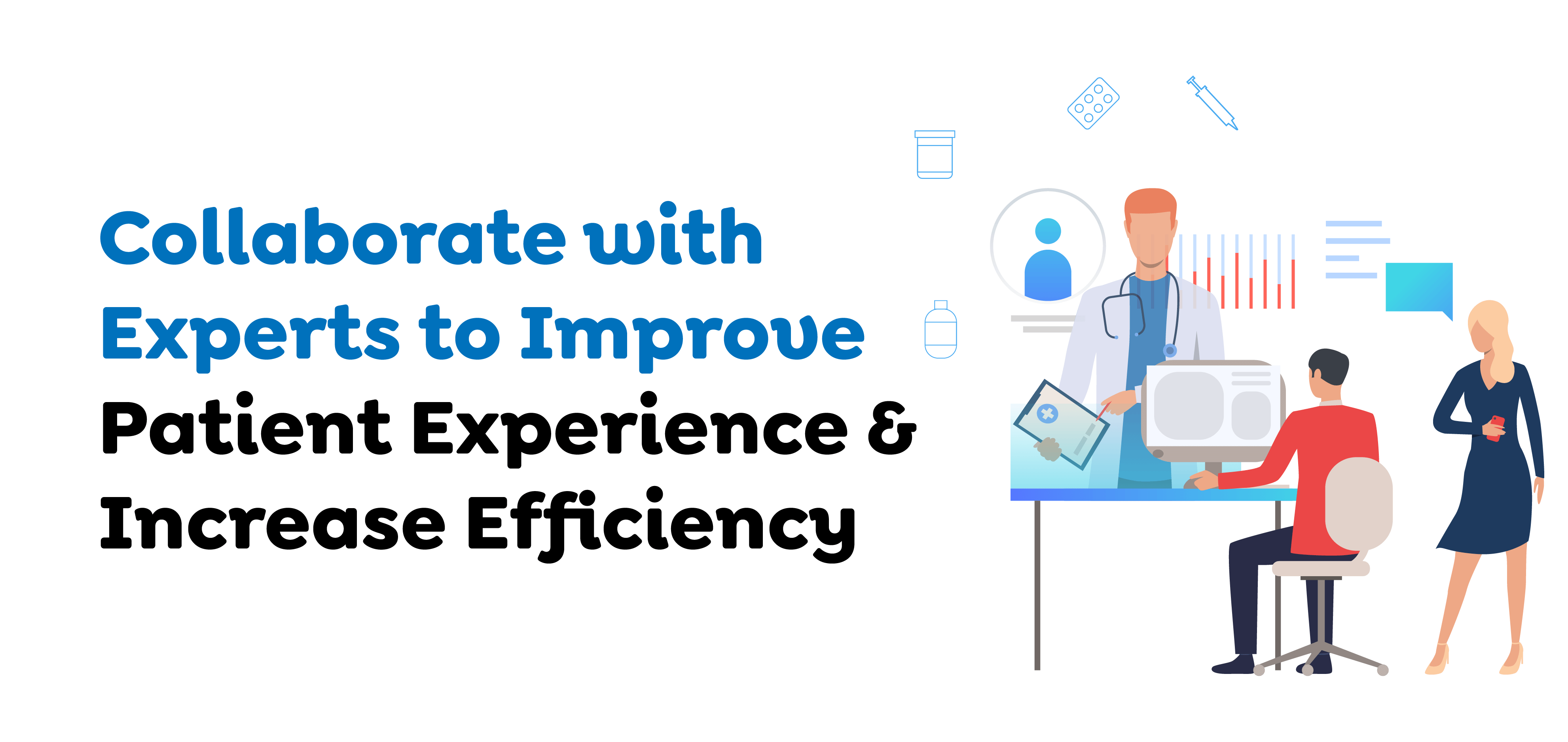
While mobile apps may indeed be the channel to a profound change in healthcare, turning such ideas into effective, working healthcare apps requires a multi-pronged approach. Here is where the need to partner with an accomplished and reputable mobile app development company in UK comes into play. Their expertise and cost clarity will help parse through the complexities inherent in this domain and maximise the impact of your healthcare app. Here’s why choosing the right development partner is important:
Also Read : Navigating Expenses of a Finance App With an Accounting App Development Company in UK
The development of healthcare apps is much more than writing code. A professional mobile app development company in UK will have the ability to demo a track record in building healthcare apps. They must also solve some of the key needs within the UK healthcare system. This includes the knowledge of NHS infrastructure, patient pathways, and the unique challenges health providers face.
The sector of healthcare is highly regulated. Data privacy is an important issue in this sector. Regulations such as the General Data Protection Regulation (GDPR) and the Data Protection Act 2018 must be clearly understood. This implies that, under those constraints, they will ensure the app complies with things like high-end data security protocols to seal patients’ privacy tight from any form of breaches, promoting trust from users. This is the most sensitive part as it’s about handling medical information.
For any healthcare app, one of the most important tasks will have to be robust measures aside from just ensuring conformance. The mobile app development company in UK considers how to institute the best practices for protecting sensitive information belonging to patients. It should consider cybersecurity of data storage practices, encryption to transfer data in transit and at rest, and regular audits to ward off risks that may be posed.
The healthcare app development company works closely with you within each phase of the development to get an in-depth understanding of the specified goals, targeted customer audience, and functionalities wanted. Effective communication and vision sharing are seen to be important elements employed towards turning your idea into an end-friendly, impactful user healthcare app that suits the needs of patients and the entire healthcare system.
Many healthcare apps make or break their ability to integrate into the already EHR complex system and other infrastructures of healthcare IT in place. A mobile app development company in UK has experience working within the NHS ecosystem to ensure that your app is integrated effortlessly with those critical systems to max out functionality and efficiency in the wider healthcare landscape.
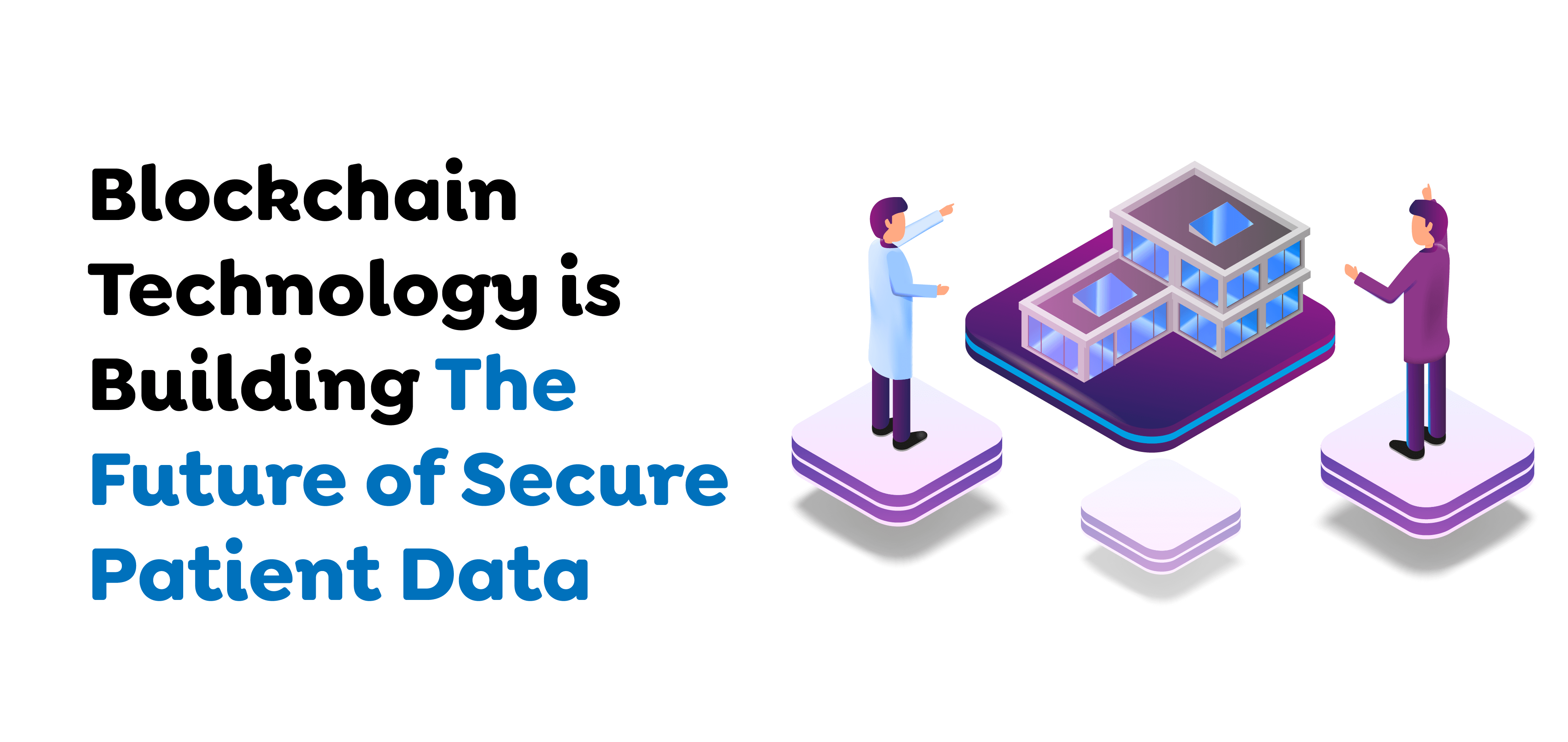
Mobile apps are just but the first chapter in this story of healthcare transformation. The key to progression lies in the power of emerging technologies for a much more integrated, efficient, and patient-centred healthcare system. A few of the exciting developments that shall take healthcare delivery to an all-time high dimension are host to:
This distributed ledger technology provides a secure and tamper-proof procedure for storing and managing patient data. Blockchain technology in healthcare apps empowers patients, putting them at the helm of their medical records. They can grant access to authorised providers easily while they have complete privacy over their data. This can revolutionise the way data is managed and kept in the record books within medical purview. This reduces the risk of traditional paperwork and data breaches. Blockchain can facilitate and ease the professional sharing of medical records between providers so that all relevant parties are on the same page regarding each unique case for optimum care.
Also Read : How Blockchain Technology Is Revamping Mobile App Development Industry?
AI has enormous potential to change healthcare delivery in many ways. AI-driven apps can be capable of processing humongous sets of data related to health information to identify patterns and forecast health risks. It would facilitate care by flagging those people who might be susceptible to certain diseases and hence allow for early intervention. The benefits of AI for the medical field are very strong as a tool in diagnosis and treatment planning. From going through medical images to helping doctors make more precise diagnoses, and tailor treatment plans to the needs of patients, AI has a long way to go. Besides, healthcare chatbots answer patients’ queries 24/7, reducing the burden on healthcare professionals.
With growing wearable devices and sensors, this channel is creating a niche for apps developed to interrogate health devices, from smart inhalers and heart monitors. These apps collect all health data in real-time, which probably may act as an alarm system for healthcare experts to warn about any approaching health problem, even before it reaches a critical level, with associated probability for customised health management. The technology of this nature has the potential to revolutionise ways of managing chronic conditions, empowering preventive care by flagging potential health issues before they become serious. The integration of IoT devices with healthcare apps opens up the way toward a future of more personalised health and wellness management.
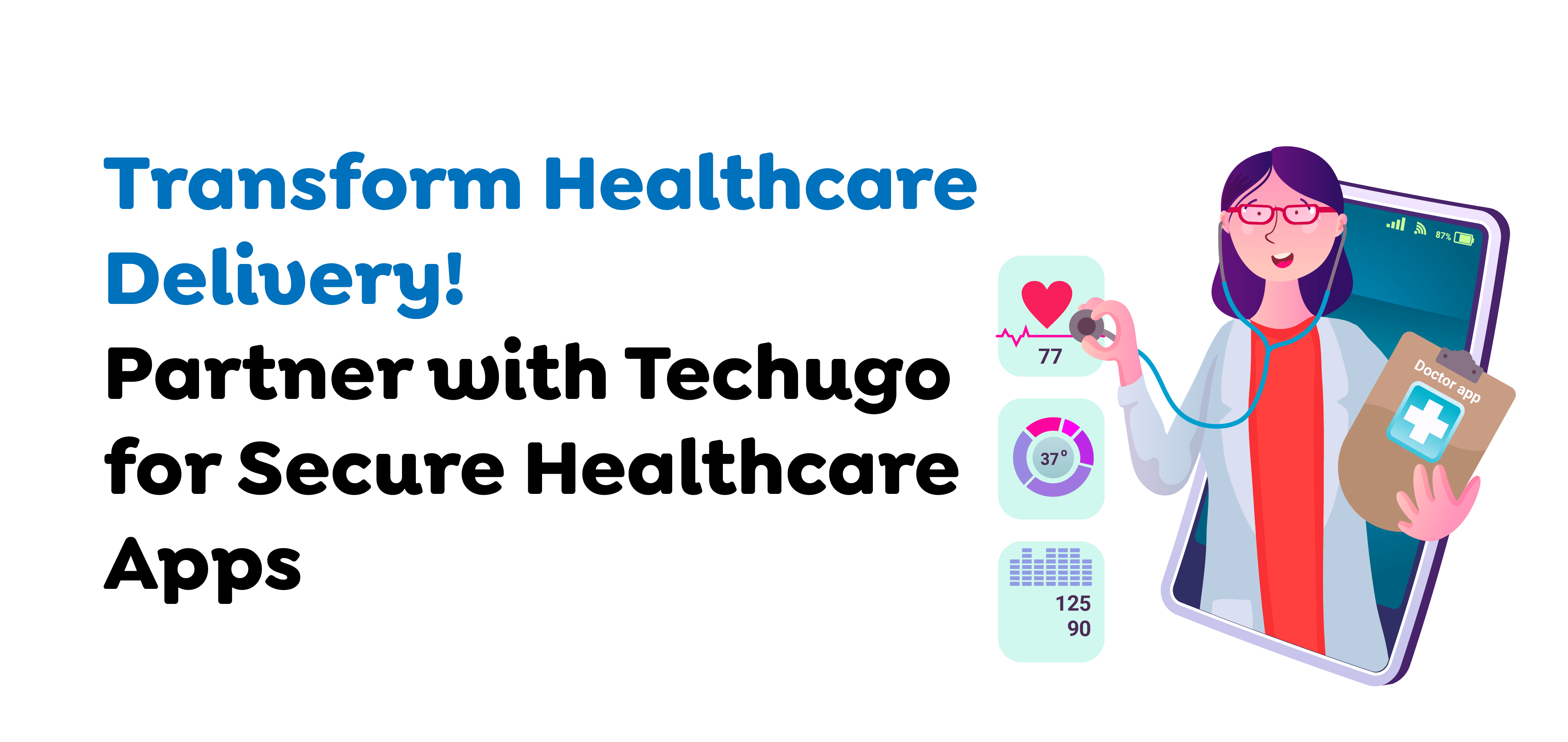
While the UK health system remains a national treasure, with an increased ageing population coupled with escalations in chronic diseases, it has a lot of strain. This challenge could be taken up by mobile apps. Providing empowerment to patients, smoothing care delivery for health professionals, and enhancing access, mobile apps change the way healthcare services are delivered in the UK. Patients now are self-enabled on their health journeys and thus in a better position to handle different conditions, check on health records and schedule appointments as they see fit. Telemedicine consultation, real-time sharing of patients’ data, and remote patient monitoring also afford healthcare providers better efficiency in their services. Further, mobile apps can bridge gaps for isolated or immobile patients.
So, are you a health provider or organisation looking to ride on the power of mobile apps for changing healthcare delivery? Well, then Techugo is your innovation partner. This mobile app development company in UK has made a name for itself in the development of user-centric, secure, and impactful healthcare apps. Get in touch with Techugo today to collaborate to build the future of healthcare.
Write Us
sales@techugo.comOr fill this form